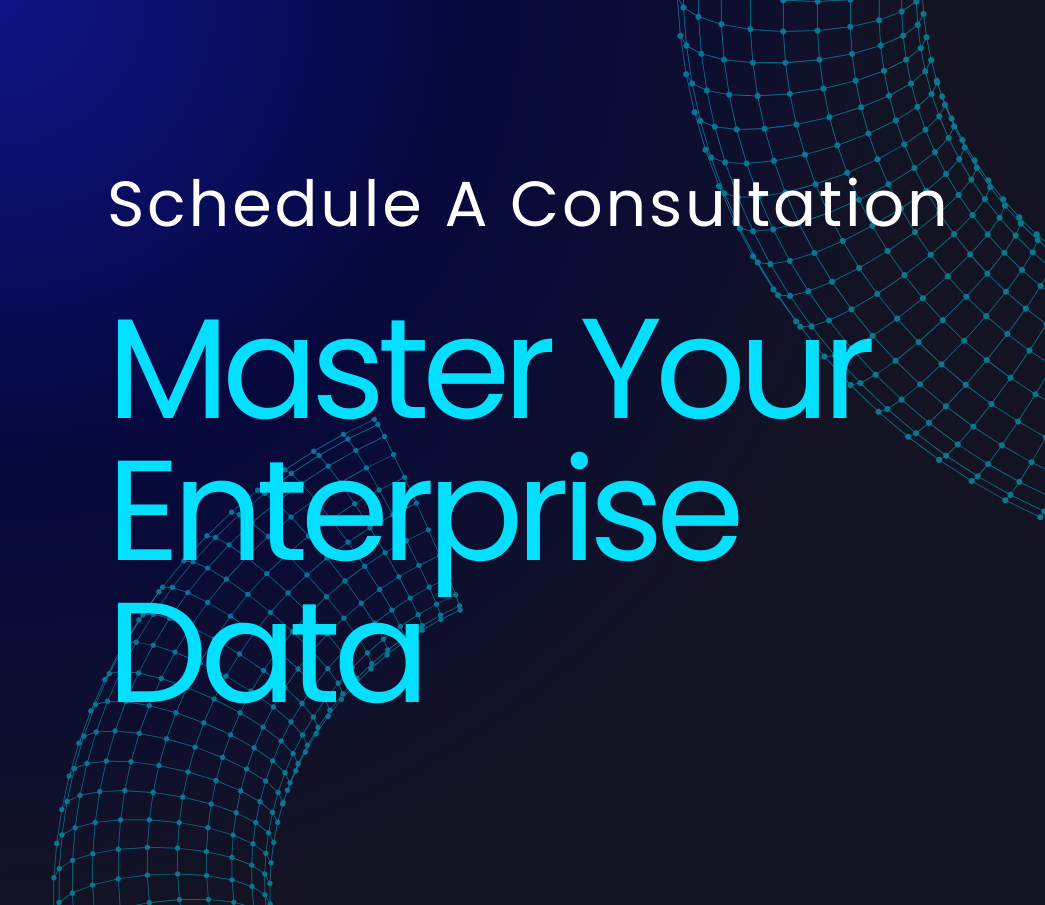In the ever-evolving landscape of enterprise data management, Global Identity and Access Management (IAM) frameworks have emerged as the linchpin of cross-border compliance and operational efficiency. A staggering 78% of multinational corporations grapple with inconsistent identity management across their global operations, according to a 2023 Gartner report. This isn’t just a statistic—it’s a red flag waving frantically in the face of security and regulatory compliance.
- The Compliance Conundrum: A Global Perspective
- The Anatomy of a Global IAM Framework
- The Compliance Tightrope: Balancing Global Standards with Local Requirements
- The Integration Imperative: Unifying Legacy Systems and Cloud Solutions
- The Security Paradox: Enhancing Protection While Enabling Access
- The ROI Equation: Measuring the Value of Global IAM Frameworks
- Future-Proofing: Adapting Global IAM for Emerging Technologies and Regulations
The challenge isn’t merely about adhering to a patchwork of regional regulations; it’s about doing so seamlessly while maintaining robust security and frictionless user experience. Global IAM frameworks, when implemented strategically, transform this compliance nightmare into a competitive advantage. They create a unified language of identity and access that speaks fluently across borders, industries, and regulatory regimes.
As we dive into the intricacies of Global IAM frameworks, we’ll explore how organizations are leveraging these systems to not just tick compliance boxes, but to create agile, secure, and efficient global operations. From the technical challenges of integration to the nuanced balance of global standards and local requirements, this article will provide a comprehensive roadmap for enterprises navigating the complex terrain of global identity management.
Overview
- Global IAM frameworks are essential for multinational compliance, with 78% of corporations struggling with inconsistent identity management across borders.
- Effective Global IAM solutions balance centralization, standardization, and flexibility, leading to significant reductions in security incidents and compliance costs.
- Integration of Global IAM with legacy systems and cloud solutions is crucial, with 68% of enterprises citing it as their biggest challenge.
- The security paradox in Global IAM requires balancing enhanced protection with seamless access, often achieved through strategies like Zero Trust and continuous authentication.
- Organizations implementing comprehensive Global IAM frameworks see an average ROI of 170% over three years, with benefits ranging from cost reduction to improved business agility.
- Future-proofing Global IAM involves integrating emerging technologies like AI and blockchain, while addressing ethical concerns and evolving concepts of digital identity.


















